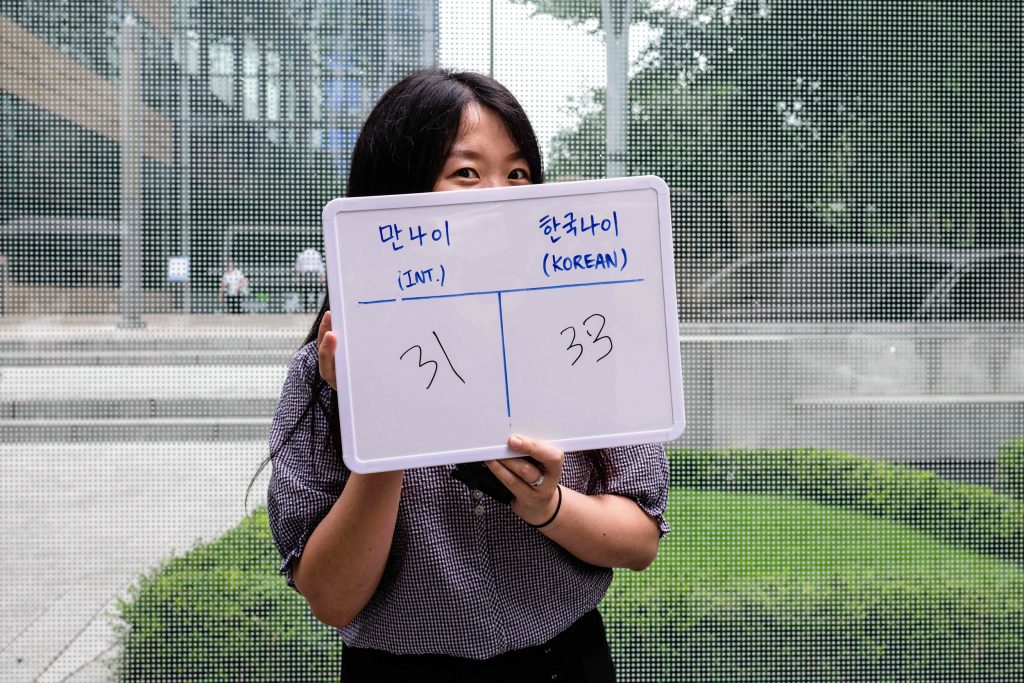South Koreans become a year or two younger under new age-counting law

A new law that harmonizes South Korea’s two traditional age-counting systems with international norms has resulted in a year or two of age reduction for the population.
The law abolishes a long-standing practice that counted time spent in the womb to count a person’s age at birth in South Korea.
Another system counted everyone as aging by a year every January 1st rather than on their birthdays.
As of this past Wednesday, ages are now calculated using birth dates.
President Yoon Suk Yeol made a strong case for the change when he ran for office the last year. He claimed that the conventional age-counting procedures incurred “unnecessary social and economic costs”.
For instance, disagreements have occurred regarding insurance payouts and determining eligibility for government assistance programs.
In Korea, the centuries-old “Korean age” system—under which a person turns one at birth and gains a year on January 1—was previously the most widely used method of calculation.
A child born on December 31 will turn two the following day, according to this.
In a different “counting age” system, which was also historically employed in the nation, a person is regarded as having no age at birth, and a year is added on January 1.
Last December, lawmakers voted to abandon the traditional counting methods .
Despite the change, many current statutes that use the “counting age” calendar year system to determine an individual’s age will continue to be in effect.
For instance, South Koreans can begin purchasing cigarettes and alcohol the year they turn 19, not the day.

A poll conducted in January 2022 by the local company Hankook Research found that three out of four South Koreans supported the standardization.
A resident Hyun Jeong Byun said: “I love it, because now I’m two years younger. My birthday is in December, so I always felt like this Korean age system is making me socially older than what I actually am.
“Now that Korea is following the global standard, I no longer have to explain my ‘Korean age’ when I go abroad.”
Other East Asian nations also used to use the traditional methods of age counting, but most no longer do.
In 1950, Japan adopted the global norm, and in the 1980s, North Korea did the same.
Source-BBC





